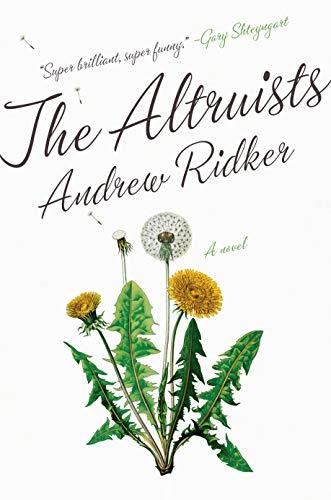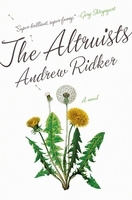What do you think?
Rate this book


319 pages, Kindle Edition
First published March 5, 2019

"There's no such thing as a feminist. Did you know that? No such thing as a Zionist either. No environmentalists. No Communists or anarchists. How about that? See, there are isms but not ists. People aren't ideas, Maggie. People aren't positions. People are people."
It was practically the Alter family credo, an anti-Hippocratic oath: First, Do No Good.
He was not at ease around people and regarded those who were with envy and suspicion. Whenever Ethan caught someone looking at him on the subway, his first thought was that he was doing something wrong. Standing wrong. Breathing wrong. Then his cheeks would flush with anger. Why should he doubt himself? Why should he make himself small, when lesser souls sat on life with their legs spread open?